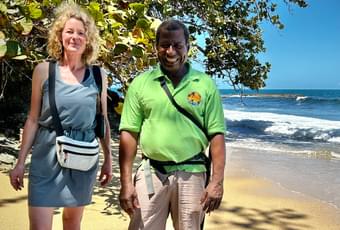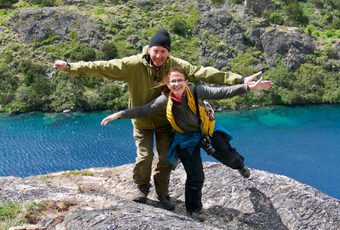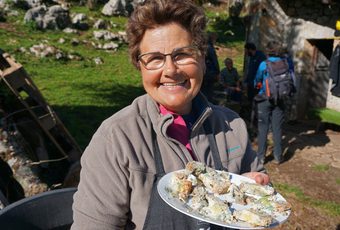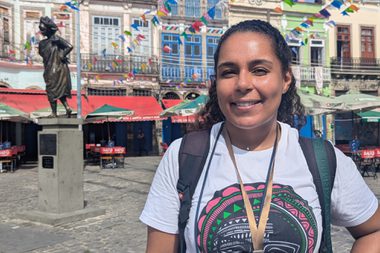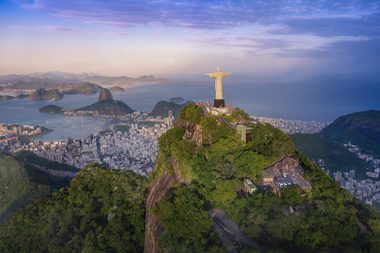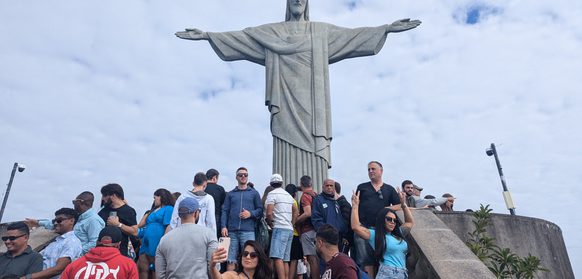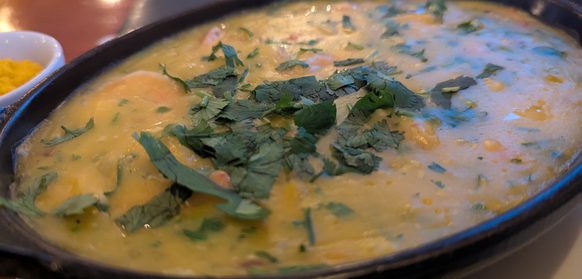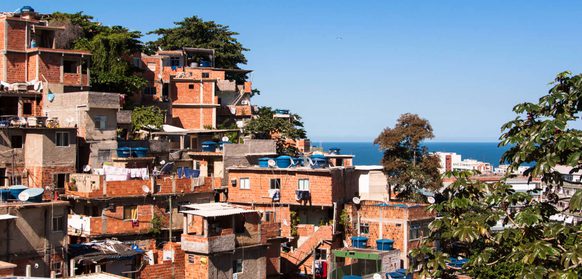Mango in the morning: Tropical tales from the heart of Old Brazil
The journey into the Serra do Mar takes a little over two hours from Rio, but it's like going two hundred years back in time.
This is Old Brazil: a culture rooted in the roça – tiny, self-sufficient farms growing bananas, manioc, corn, beans and seasonal vegetables. Life moves to the rhythm of the land. People are humble and welcoming, bound by an enviable sense of community. Clay-walled houses carry a heady aroma of coffee, woodsmoke and sun-warmed earth.
Our wonderful hosts, Tatiana and Henry, share their love and passion for this secret spot, hidden away in the mountains near Rio de Janeiro...
If you love what you see, come and experience for yourself on our brand new Rio & Beyond: Brazil's Hidden Highlights trip.
Henry: "We are in Serra do Mar, the Atlantic mountains here in Rio de Janeiro. We are two and a half hours from Rio, and we've been living for more than 10 years in Patagonia. But we are Brazilians and we always dreamed of returning to Brazil to establish a project like the one in Patagonia, related to conservation, to hospitality, to bringing people to value our wonderful ecosystems that we have here in South America. There we have a temperate ecosystem, a pristine environment. But we also have here, very close to Rio, a wonderful place, a tropical one. Water, streams, rivers. And these are wonderful Atlantic forests. The fruits. So we'd like to invite people to know this place. It's an unknown corner of Rio de Janeiro."
Tatiana: "My name is Tatiana. So when we decided as a family also to come back to Brazil, our dream was to be able to work for our country also in terms of be guardians of a wonderful land like this. And it was amazing that we could find this, two and a half hours from Rio de Janeiro."
Henry: "It was very surprising for us to have. We have the Macaé River just below us here, which is a wonderful stretch. The water from Rio de Janeiro that feeds the people down on the coast, they are born here and they flow all the way to Rio through this wonderful Atlantic forest."
Tatiana: "When we found the river - that was the point, because there in Patagonia we have beautiful rivers. And when we found this river with this water, we had to come here."
Henry: "So one of the admissible attractions of this place is the typical roça culture we call cultura da roça, which is an essential part of the Brazilian culture, especially from this part of the country. It's so beautiful, it's so simple and so rich. We have a specific architecture - it's like the peasants where they used to live. We've been renovating these old houses where people can stay, but they can see how the architecture is. The food is, I would say, the best part. As well as the coffee, we have pão de queijo bread, white cheese, we have manioc, papaya, banana, mango, all delivered fresh each morning from the farm."
Tatiana: "For us, essentially this is luxury."
Henry: "It's a treasure for us to wake up in the morning. So we have our mango, we have the banana, we have the papaya. The water comes from these mountains here, so we drink that flows directly to our house and down to the river. So this. And the culture is very specific, and people are so lovely, and they are so open, and they invite us to visit their houses and drink coffee with them. And it's really unknown to most of the foreigners and even to the Brazilians. They come to Rio and they just want to go to the beach. Okay. The coast is wonderful. But then we have all this countryside culture, which is really so important and so present in everything that we do here in Brazil. It's one of the highlights when people come to Brazil and visit this place."

